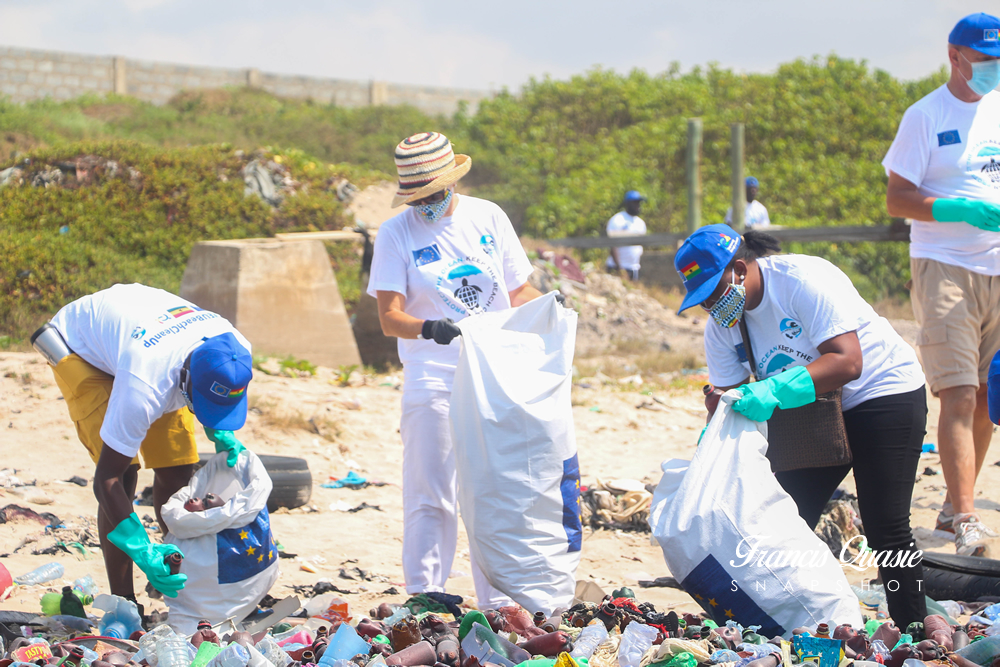
More than 50 African environment ministers are gathering in Senegal this week for the African Ministerial Conference on the Environment. Plastics and the harmful burning of waste are high on the agenda.
The conference is taking place in the wake of major flooding and drought throughout the continent, which have aggravated food insecurity, damaged vital infrastructure and cost fragile economies billions of dollars.
On top of these disasters is the issue of plastic pollution and the burning of waste, which releases methane and other harmful gases into the environment.
Richard Munang is the deputy regional director of the United Nations Environment Program’s Africa office.
“If that is not addressed, it will not only end up creating inconvenience in the cities, but at the same time the open burning is causing outdoor pollution. And so, converting that waste into opportunities like recycling plastic waste into plastic tiles, where young people can learn skills, will create jobs,” he said.
About 600,000 million Africans die from air pollution-related illnesses each year, according to the U.N. Environment Program.
The ministers in attendance will also discuss the development of an international agreement on plastic pollution — a major issue in African countries where waste management systems and anti-littering education are often lacking.
“We have to ensure that Africa calls out the major causes: the producers who cause the problem of plastic to take action in curbing plastic production, removing harmful substances in the production and looking at the redesign of the product,” said Griffins Ochieng, the executive director of the Center for Environmental Justice and Development.
John Kerry, the U.S. special presidential envoy for climate, is expected to attend the conference Wednesday and Thursday to discuss methane emissions, climate adaptation and waste management.
Badgie Dawda, the executive director of Gambia’s National Environment Agency says he hopes the event will allow attendees to create meaningful partnerships that span the globe.
“It is important for us to work as a team, look at areas of concern, and maximize how best we can work on those issues. The environment has no boundaries. What affects us here also goes to other parts of the world,” he said.
The conference will continue through Friday.
Source: voanews.com























